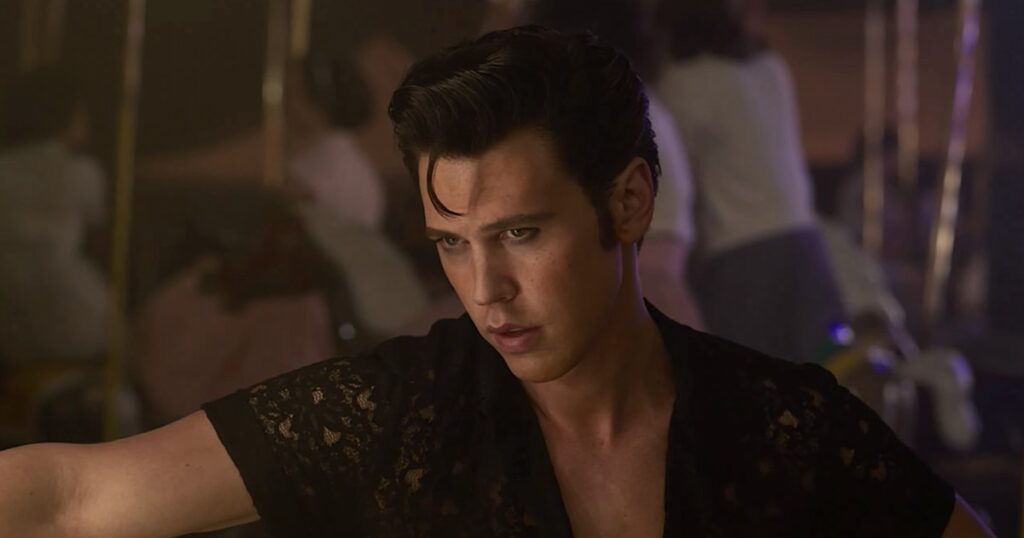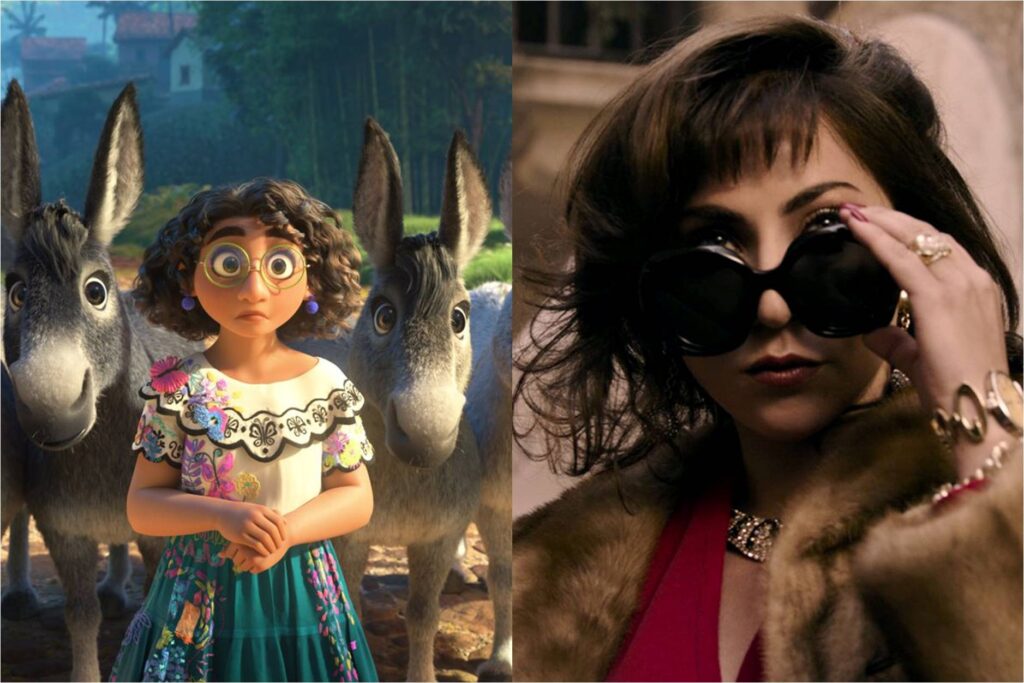Priscilla: Can’t Help Bawling in Love

It takes roughly 15 minutes before Priscilla announces itself as a Sofia Coppola movie. Priscilla Beaulieu (Cailee Spaeny), a meek 14-year-old American girl living on an army base in Germany, has just shared her first kiss with Elvis Presley (Euphoria’s Jacob Elordi), possibly the most popular musical artist on the planet. As she glides down her school hallway—oblivious to her surroundings, deep in the swoon of adolescent love—“Crimson and Clover” flares to life on the soundtrack. The year is 1959, nearly a decade before Tommy James yearned for a girl he hardly knew to come walking over, but Coppola has never let anachronisms get in the way of emotions. Priscilla is hopelessly smitten, and Priscilla represents Coppola’s attempt to capture both the purity of her rapture and the agony of its inevitable deflation.
Strangely, this blissful sequence is something of an outlier—a fleeting moment of canny cinematic imagination in a picture that is broadly functional and orthodox. It’s weird, because conceptually speaking, Priscilla’s pairing of artist and subject seems ideal. Even setting aside her filial connections to Hollywood royalty, Coppola has long been fascinated by celebrity, having considered it through the various lenses of middle-aged ennui (Lost in Translation), historical opulence (Marie Antoinette), and vicarious obsession (The Bling Ring). Yet where those movies all hummed with vivacious technique and energetic style, Priscilla is oddly conventional. Apart from some sharp music cues and a few arresting images (such as a woman walking down a corridor bathed in red light), it feels like anyone could have made it. Read More




